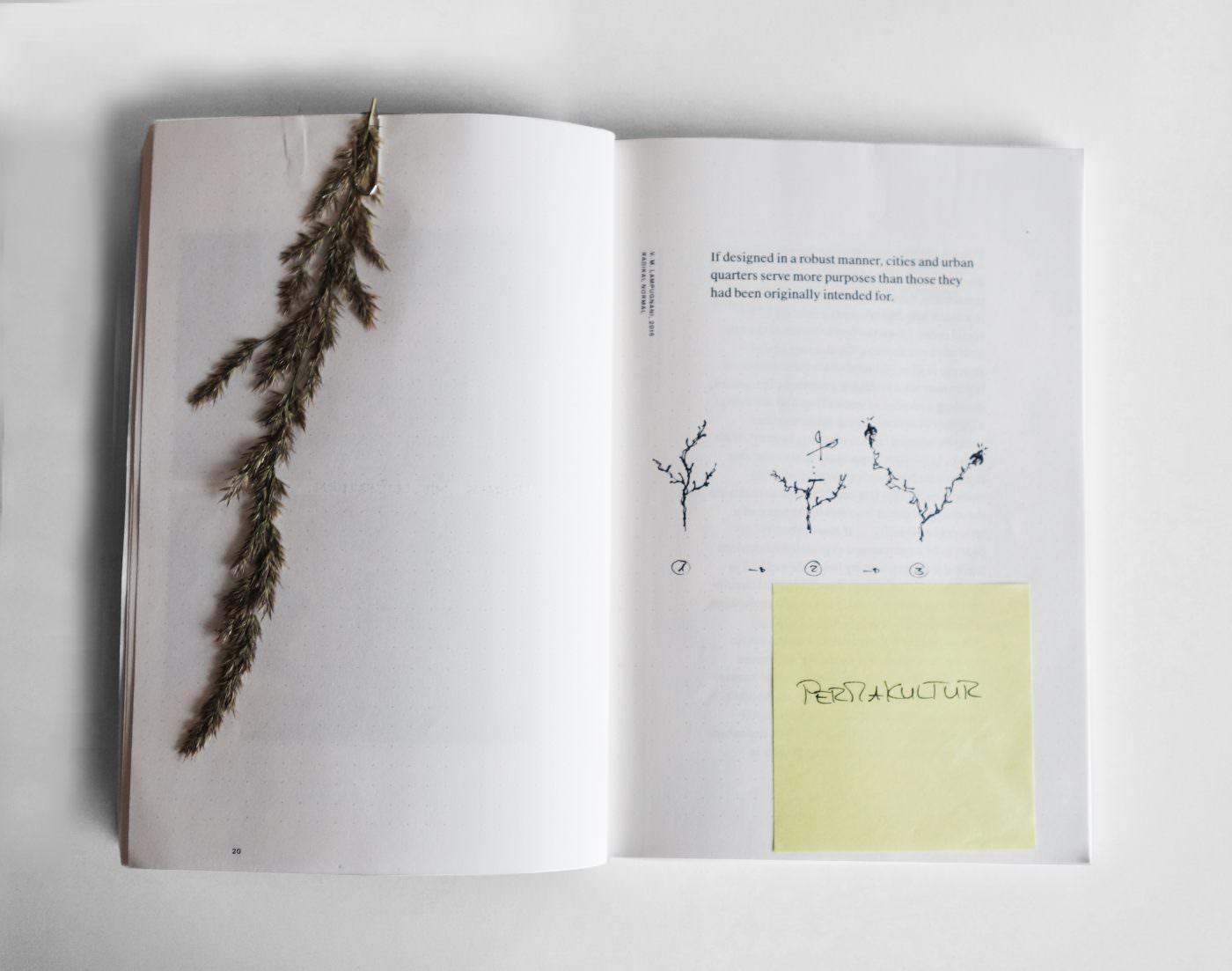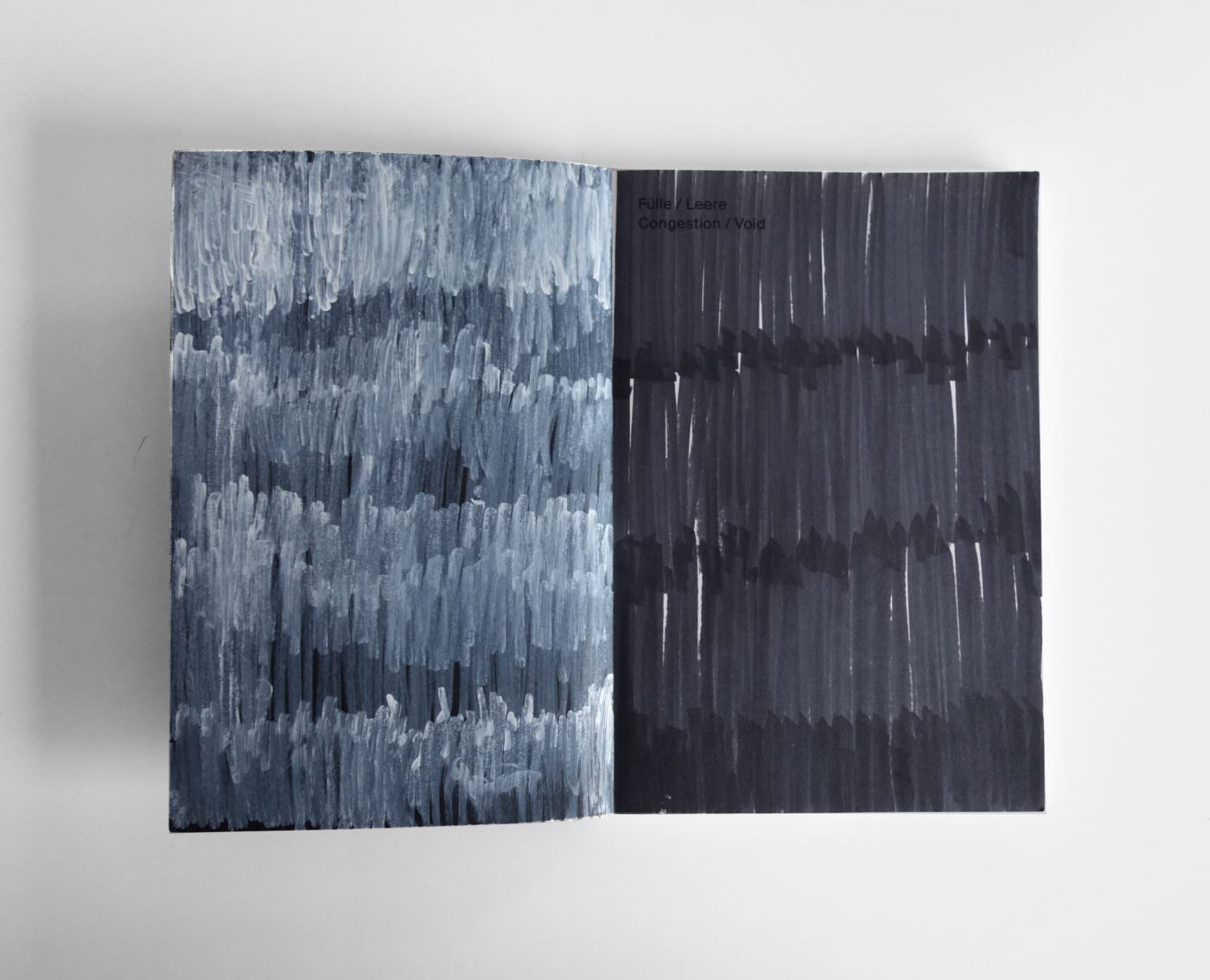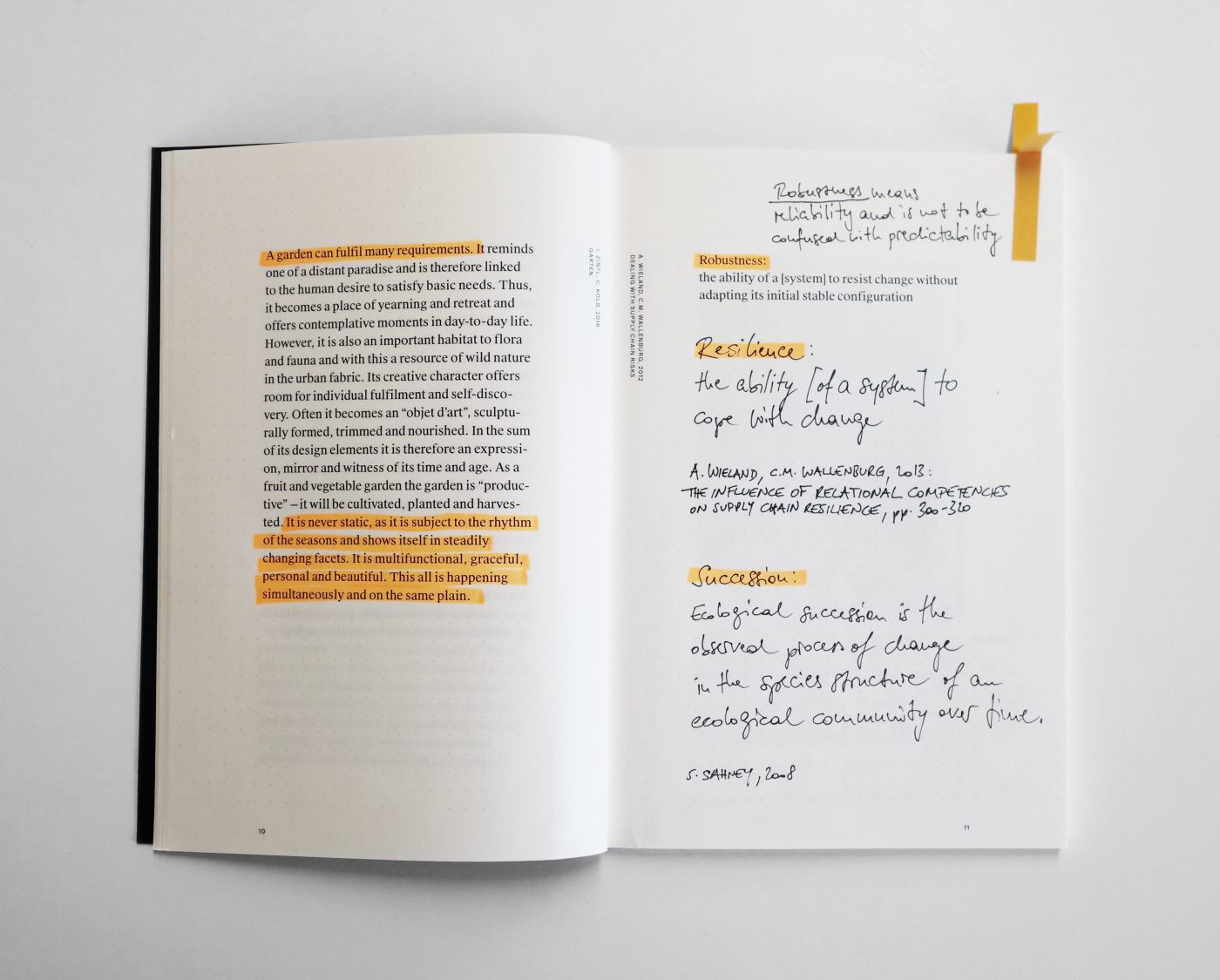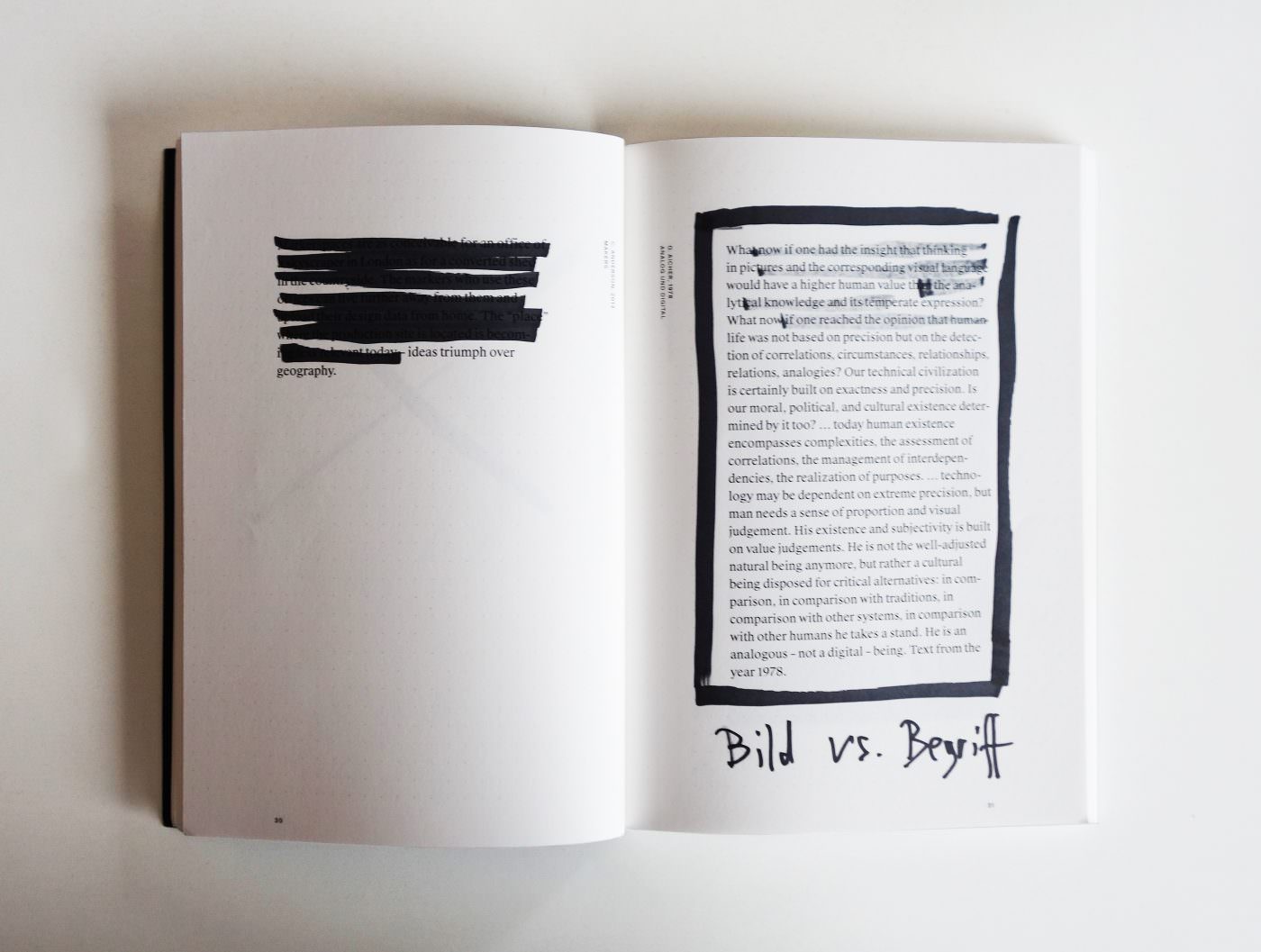Congestion / Void
TrendbooksVoid and Congestion
Changing Spatial Conditions for the prospective productive city
The introduction letter for the upcoming International Architectural Biennal Rotterdam(IABR) 2016 points on the challenges for cities within a global economy and asks for a new Urban Economy: “No one can predict what the future will bring, but one thing is certain: more of the same is no longer asensible option. Developments such as climate change, global urbanisation, emerging newtechnologies, growing migration, and increasing inequality cry out for solutions.” (www.iabr.nl)
This paper will present an ongoing DesignResearchproject at the Chair for Urban Planning and Design at Stuttgart University where are looking for new spatial patterns that allow new interrelations between society, economy and ecology within the concept of the European City. Cities and Metropolitan regions will build the social, ecological and spatial platform for a desired urban economy that overcomes recent economical crisis and the increasing social segregation in European Cities. With several design studios over the last six semesters, lecture series and roundtables the chair shared questions how our spatial disciplines can fruitfully engage in the debate of reordering our urban living together, respecting the Individual and Collective, reinterpreting production and consumption, rethinking the cycles of goods and raw materials, rereading uses of space and territory that finally coordinate and match all flows. We ask for new relations between the production of spaces and future urban economies as we still trust in the essential capacity of urban and metropolitan spaces for a future productive city. As a first roundup platform of all the spatial and social questions raised throughout this explorative design approach the chair organises in accordance with the curators of IABR a two-day design workshop with peers from the fields of Art, Architecture, Landscape Architecture and Urban Planning in Rotterdam in June 2016. As basis information for the peers we compiled essential outcomes so far in a trendbook on Void and Congestion. The concept of the trendbookgoes beyond a collection of materials. It is used as a first communication tool that is tested with peers during the IABR 2016. It includes the main outcomes of all our meetings, table sessions, students´ proposals of recent design studios in various European Cities as Barcelona, Copenhagen, Amsterdam, Vienna, Zurich and Brussels.
It serves as both, an inspiringwork-in-progress collageto question urban conditions as well as a scientific abstract on recent transformation processes our cities face these decades. It points a finger on the challenges of demography, migration, energy and circular flow economy. The paper expects to present the design steps within the research and the results of the peer workshop during the IABR in June 2016, where we intend to focus on the key research questions for the urban condition: How can we propose a dynamic stable urban fabric that allows for void and congestion?
Research team:Prof. Dr. Martina Baum, MSc. Christiane Kolb, MArch Isabel Zintl, Dipl.-Ing. MSc Thorsten Stelter, Dipl.-Ing. Markus Vogl
International Architectur Biennale Rotterdam IABR 2016 – The next Economy
30.06.-01.07.2016
Research-by-Design Workshop
Workshop-Participants:
Martina Baum
Donica Buisman
Carles Baiges Camprubi
Thilo Folkerts
Mark Julien Hahn
Michael Hirschbichler
Simon Kretz
Christiane Kolb



